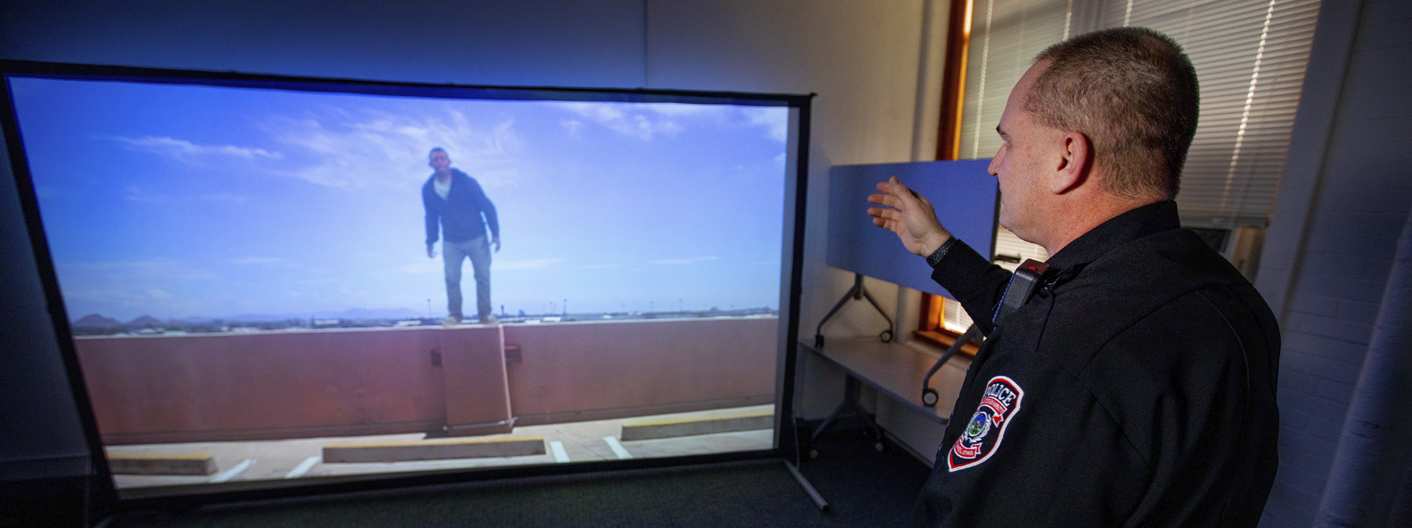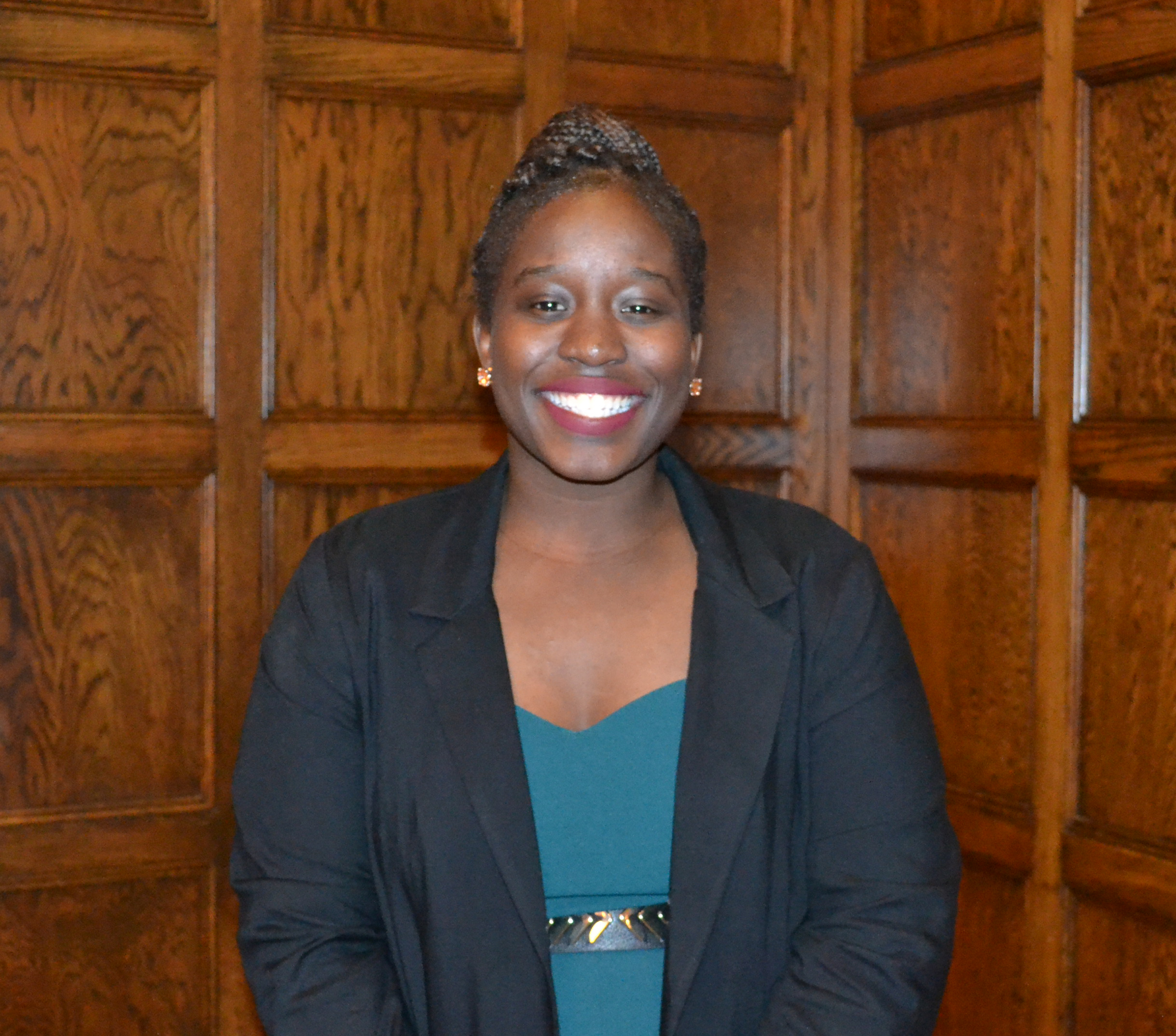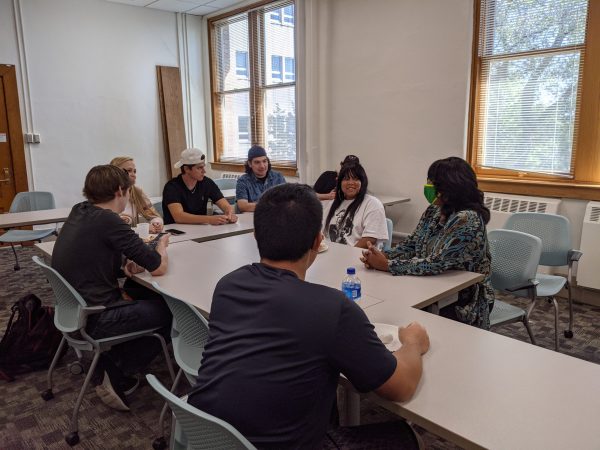Impact
Students in the criminal justice program will learn about the components of the juvenile and criminal justice systems, become acquainted with the issues affecting these systems, apply theoretical concepts to real-world phenomena, interface with criminal justice and social service providers, and plan an academic and/or applied career in criminal justice.
Criminal justice graduates will:
- Understand theories of crime, victimization, and criminal justice (i.e., theories about social bonds, learning, social control, conflict, labeling, rehabilitation, alternatives to incarceration).
- Think critically about crime, victimization, and criminal justice (i.e., be able to apply, critique, compare, and integrate knowledge in the area).
- Understand how race/ethnicity, gender, wealth, and power are related to crime, victimization, and criminal justice.
- Understand and be able to use basic social science research methods, as well as those most relevant to the study of crime, victimization, and criminal justice.
- Be familiar with career paths in the criminal justice system, and make career choices that best fit their career interests.
- Make appropriate decisions, think creatively, and be able to express themselves in written and oral communication to supervisors and clients.



